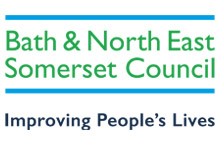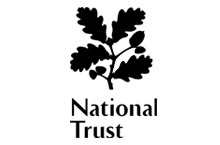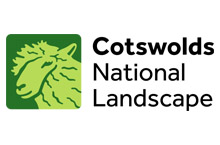This walk covers Bath’s complex colonial connections. It offers insight into how transatlantic slavery contributed to the splendours of 18th century Bath by bringing to the light how the trafficking and subsequent exploitation of enslaved Africans funded many of Bath’s grandiose neo-Palladian building projects. The walk engages with the city’s heritage from the viewpoint of both those who benefited from slavery and those who revolted or campaigned against it.
A departure from the city’s whitewashed narratives, which uncritically celebrate Georgian splendour, the walk looks at some of those wealthy British politicians, landowners, churchmen and art collectors who derived their fortunes from the trade and exploitation of enslaved labourers in the plantations they owned in Barbados, Jamaica, Antigua and elsewhere. They participated in the building of Georgian Bath either by seeking entertainment and thereby stimulating the need for high-class accommodation or by using their enormous wealth to fund the building projects which transformed Bath into the attractive city we see today.
The walk also offers insight into the lives of some Bath residents and visitors who contributed to dismantling the slave economy by writing and campaigning against it like Emma Sturge, Hannah Moore or William Wilberforce. Their efforts, however, should not cast shadow on the agency of those Africans who resisted colonial exploitation through frequent uprisings in the Caribbean or through campaigning, public speaking and writing like Olaudah Equiano, Ignatus Sancho or Ellen and William Craft. To present a fuller picture of the city’s history, the walk also pays tribute to prominent Africans and African descendants who visited the city like violin virtuoso Georges Bridgetower and actor Ira Aldridge, or those that settled in Bath like the Emperor Haile Selassie.
The walk draws on a walk designed by a group of students at the University of Bath in 2020. A chapter discussing the design of the walk is now available in open access in the recently published book Breaking the Dead Silence: Engaging with the Legacies of Empire and Slave-Ownership in Bath and Bristol’s Memoryscapes. Look for chapter 12. Mapping Bath’s Uncomfortable Past’ https://www.liverpooluniversitypress.co.uk/doi/epub/10.3828/9781802075885
The walk is mainly flat and will cover about 2.5 miles in the city centre, there are plenty of facilities nearby. It starts at Bath Abbey (Kingston Parade (the square next to Bath Abbey) and finishes at Theatre Royal.
This walk is led by Christina Horvath from University of Bath and Benjamin Van Praag from Bath Spa University.
Booking is essential, you can book your free place here – book Bath’s past.












